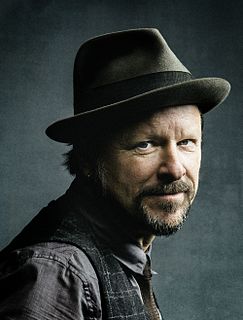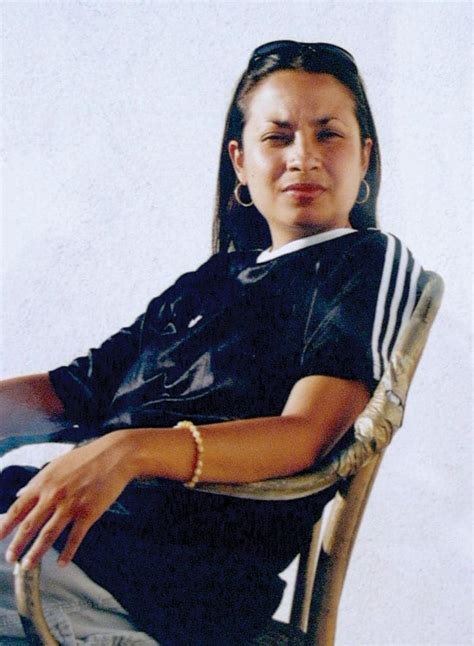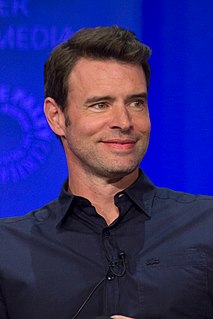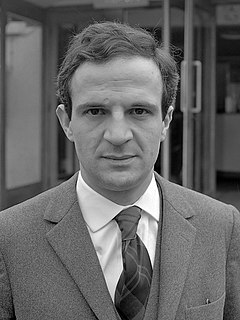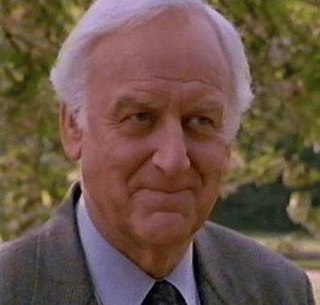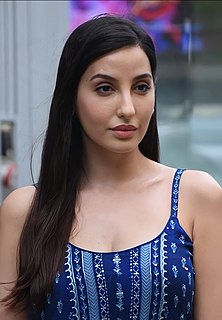A Quote by Zal Batmanglij
I wouldn't necessarily recommend shooting a feature film on a still camera.
Quote Topics
Related Quotes
I was at a Madonna show many, many years ago and I was in the sweet spot and she came out and I mean it was the best part of the show. And I was shooting, shooting, shooting, shooting. And I'm like, "God, I must have shot a hundred pictures have I not run out of film?" And I opened the back of my camera and there was no film in there. So that happened to me only once.
Various studios are still shooting on film with digital grain and the DI negatives, it's not ideal. We should really be all film or all digital. But that being said, the old way of graining in the camera, now you can make changes like a painter. It's dangerous because you can ruin the film, you can over-fiddle. We've all seen films and gone 'what the hell is that?'
With the RED, I didn't have this impression at all. I felt that it was as heavy as a film camera. Having this great crew, with the DP and his assistants, I found it making as much of an impression as a very big film camera. I didn't relate to it as much. I remember avoiding it during the shooting rather than paying attention to it.

